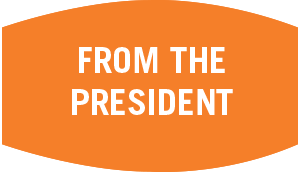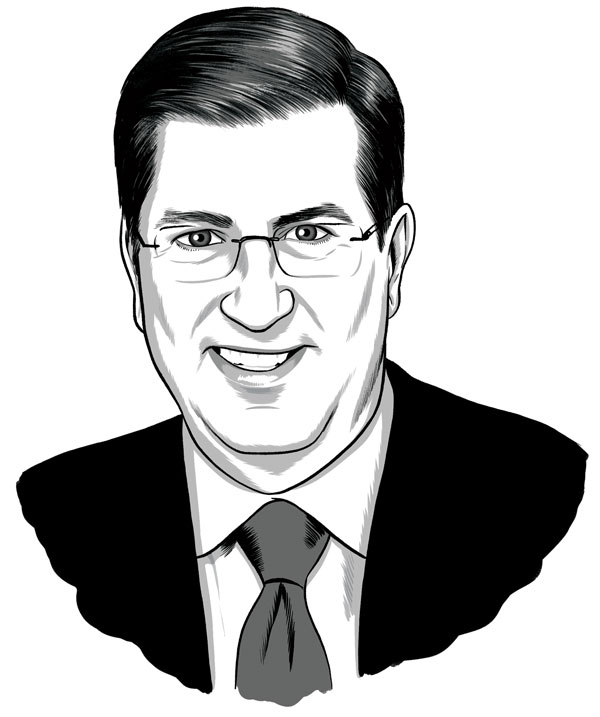

IT’S BEEN 60 YEARS since C.P. Snow set off a flurry of debate with his lecture, “Two Cultures and the Scientific Revolution.” Back then, Snow’s concern was the inability of scientists and humanists to bridge the divide between their specialized disciplines and adequately communicate with one another.
Lamentably, the retreat into hardened boundaries between disciplines has only accelerated since Snow wrote, “It is dangerous to have two cultures which can’t or don’t communicate.”
In the ensuing decades, the drive to specialize has become even more intense as the world has become more complicated. In Range: Why Generalists Triumph in a Specialized World, science writer David Epstein decries the rush to specialization that many colleges and universities advocate. He notes that “narrow vocational training” won’t equip students for careers “in a complex, interconnected, rapidly changing world.”
At Bucknell we have long been aware that, as Epstein writes, “creative achievers tend to have broad interests.” He also contends that generalists lend more creativity, talent and innovation to work in all careers. That’s why in this era of specialization we retain a full spectrum of the liberal arts while also offering professional programs in engineering, education and management.
Of course, we want to prepare our students for personal success by helping them develop a broad outlook and understanding, but we also recognize that doing so serves not only the individual but society as a whole.
As David McNamee wrote in Medical News Today, “The advantages of scientific literacy within society are obvious. People who are better able to think critically about the information they are receiving and weigh up for themselves the available evidence are more empowered to make important choices, not only about their own health, but as a citizen.”
To understand the complexities of everything from cyber security to climate change, we need people who are broadly trained outside a narrowly defined area of expertise and who can explain those concepts to the general public.
E.O. Wilson, scientist and two-time Pulitzer Prize-winner, decries the general public’s scientific illiteracy. “This is widely recognized as a key problem in American education,” he said. His solution? “It takes inspired teachers to start. A really good teacher can bring students into science by example, by providing experience — out in the field, in the lab — that gets students to like science.”
At Bucknell, we have many of those inspired teachers who are sharing their expertise in a relatable way, not only with our students in class, in the lab and in the field, but with the general public. In the article that starts on Page 18 of this issue you’ll read about biologist Sarah Lower, who uses the familiar firefly to teach adults and children about biodiversity in the woods of western Pennsylvania, and psychologist Mick Smyer, whose workshops have taught more than 1,000 everyday citizens about ways they can personally combat climate change.
As the article points out, our mission is not only to prepare our students to live a rich public life but also to enrich public life for all citizens.
We achieve this goal by avoiding narrow specialization and continuing our commitment to the sustaining nature of the liberal arts. By doing so, we promote active citizenship and live up to the goals of our new civic action plan, Engaged Bucknell. By equipping our students with the knowledge, skills and proclivity to be leaders and participants in their communities we are fulfilling the public purpose of private education.

John C. Bravman
President